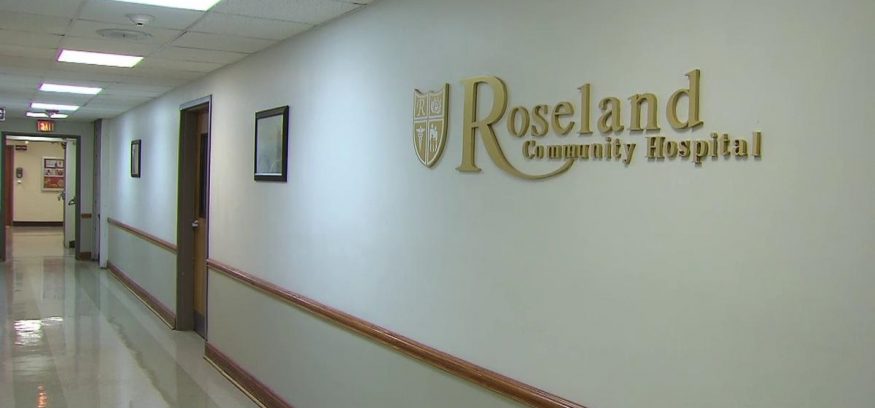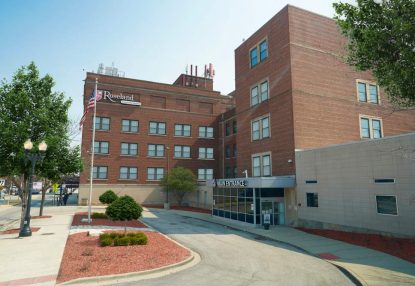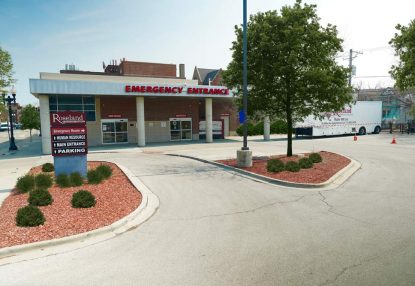


The New Roseland Community Hospital
The Little Hospital That Could
For almost 100 years, Roseland Community Hospital (RCH) has provided comprehensive healthcare services to residents of Chicago’s far south side neighborhoods. RCH opened in 1924, with a mission to provide high-quality healthcare services to the residents of Roseland and surrounding community areas. The Hospital has maintained this strategic focus, despite a myriad of social, economic and political changes that dramatically affected the neighborhoods the Hospital serves.
The Greater Roseland Area (GRA) has a long and storied history, beginning with its settlement by Dutch farmers in the 1840s. These immigrants initially called their community Hope. Hope underwent a transition in name only when, in the early 1870s, the neighborhood became known as Roseland. More significant immigrants and thousands of southern blacks on the move during what became known as “The Great Migration ”, poured into the Greater Roseland Area in search of the employment opportunities afforded by the heavy industries located in Roseland such as steel mills, factories and stockyards.
From 1920 to 1930, Chicago’s African American population exploded, more than doubling in the span of a decade. These migrants were motivated to travel north by the hope of a better life, and although the North afforded them no promised land, overall conditions were better for African Americans. Indeed, migrants who left the south seldom returned. Thus, for a period of years, Roseland experienced an unparalleled economic boom and in optimistic times, hope springs eternal.
Beginning in the mid-1950s and continuing into the late 1960s, the RCH communities underwent a dramatic shift in composition. Increasingly, these neighborhoods became home for African American families, a population trend which has continued to this day, although data from the latest census indicates a rising percentage of Latino residents. Thus, from Dutch settlers, to southern blacks, to African Americans from other areas of Chicago, to newer Latino immigrants, the GRA and, consequently RCH, has experienced the privilege of providing healthcare services for the people who currently call the GRA home; African Americans. Indeed, African Americans comprise ninety-nine percent of RCH’s patients; and seventy-five percent of RCH’s administrators, doctors, nurses and staff. RCH is a stellar example of a community hospital that is both owned and operated by the people that it serves. RCH is currently still offering quality healthcare services to the individuals within the GRA and is striving to continue satisfying the community.

